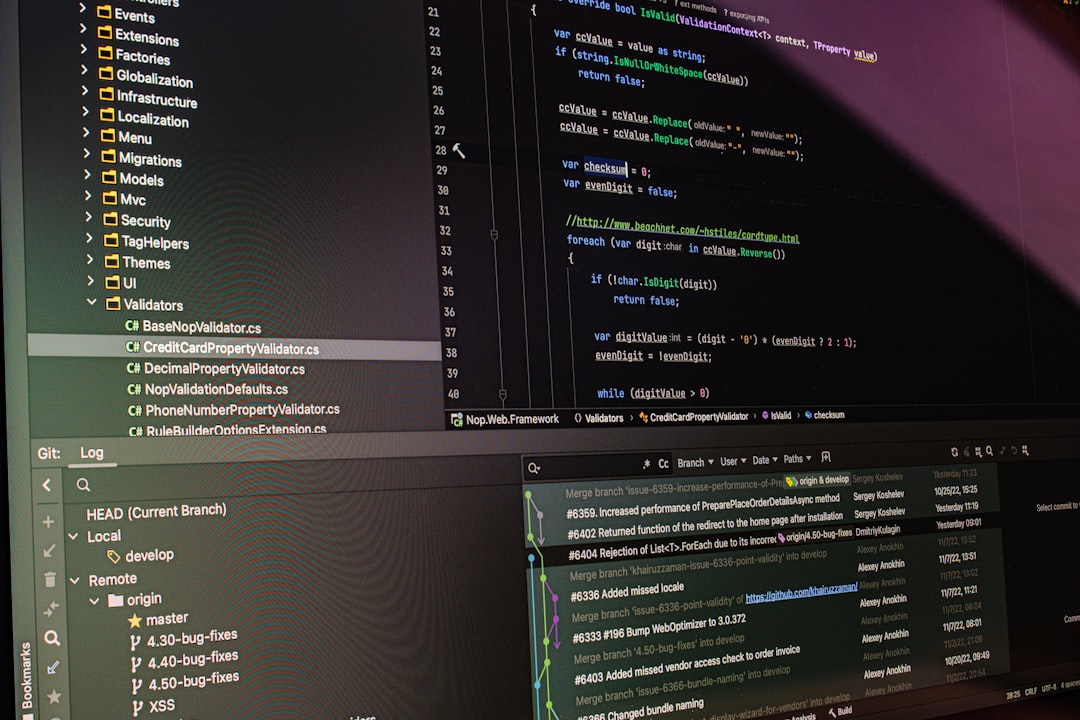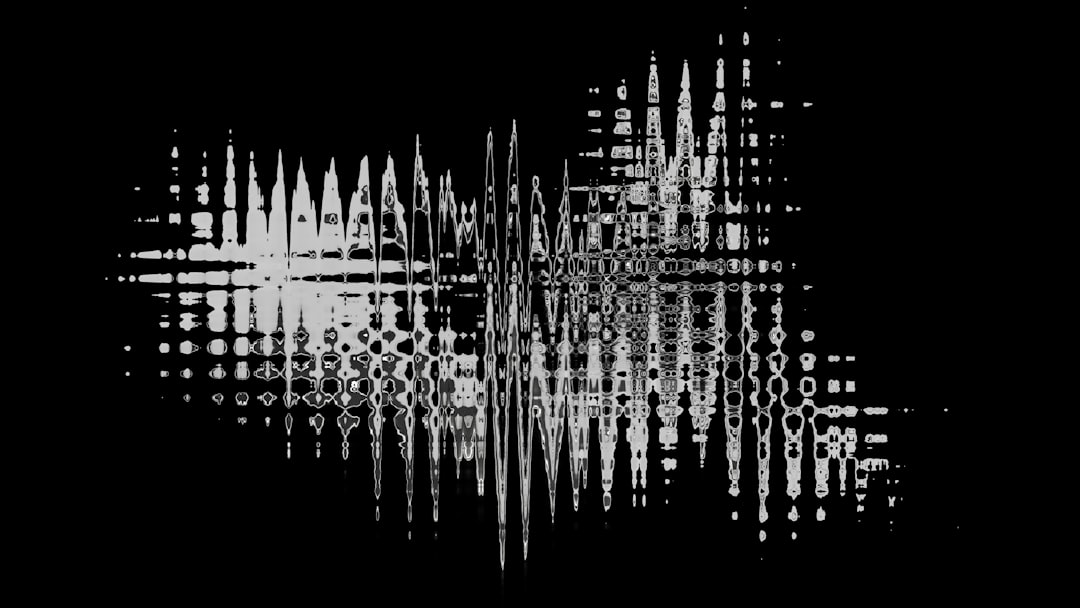DaVinci Resolve is one of the most powerful video editing software options available today. Whether you’re a hobbyist or a professional filmmaker, DaVinci Resolve provides a robust suite of editing tools. But despite its strengths, users sometimes encounter frustrating issues—such as when WAV files won’t import into a project. If you’re facing this problem, you’re not alone. Thankfully, there are straightforward fixes that can get you back on track.
Audio is crucial in any video production, and WAV files are a commonly used format due to their uncompressed quality and compatibility with most editing suites. So when Resolve refuses to import them, it’s more than a minor inconvenience; it can derail an entire workflow.
Why DaVinci Resolve May Not Import WAV Files
There are several potential reasons why your WAV files won’t import into DaVinci Resolve. Understanding the root causes can help streamline the troubleshooting process.
- Unsupported codecs: While WAV is a standard format, DaVinci Resolve supports only certain codecs within WAV containers.
- Corrupted files: If a WAV file is incomplete or corrupted, Resolve may fail to read it.
- File bitrate/sample rate issues: Extremely high or unusual bitrates or sample rates may cause compatibility issues.
- Incorrect file extensions: Some files may use the .wav extension but contain non-standard audio data.
- Project settings misconfigured: Sometimes the issue is not the audio file itself but the project settings in Resolve.

Fixes and Workarounds
The following steps can help troubleshoot and resolve the issue of DaVinci Resolve not importing WAV files:
1. Re-encode the WAV File
One of the simplest fixes is to re-encode the WAV file using an external audio editor like Audacity or Adobe Audition.
- Open the WAV file in the audio editor.
- Select Export or Save As.
- Choose WAV (PCM 16-bit) as the export format.
- Re-import the file into DaVinci Resolve.
This ensures that the WAV file uses a compatible codec and format.
2. Convert to a Different Format
If a simple re-encoding doesn’t work, try converting the audio file to a different format like AIFF or MP3 (though MP3 is compressed and may lose quality).
You can use tools like:
- Audacity
- VLC Media Player
- Online converters such as CloudConvert or Zamzar
3. Check File Integrity
Ensure the file is not corrupted. Try playing the file in a standard media player like VLC or Windows Media Player. If it doesn’t play correctly, the file could be the issue rather than Resolve.
4. Update DaVinci Resolve
Sometimes, bugs that affect audio import are resolved in newer updates. Make sure you are using the latest version of DaVinci Resolve.
- Go to the official Blackmagic Design website.
- Download the latest stable version of Resolve.
- Install and restart your system before trying the import again.
5. Rename and Relocate the File
Occasionally, file path issues or unusual characters in the file name may cause import errors. Try renaming the file to something simple, like audio.wav, and move it to a root directory (e.g., C:\Audio\).

6. Adjust Timeline Sample Rate
In rare cases, DaVinci Resolve’s timeline sample rate may not be compatible with your audio file.
- Go to Project Settings > Fairlight.
- Set the sample rate to 48,000 Hz, which is commonly used in video editing.
- Try re-importing the WAV file again.
Conclusion
Although audio import issues with WAV files in DaVinci Resolve can be frustrating, they’re usually fixable with a few simple steps. Whether it’s re-encoding, converting, or adjusting settings, these solutions allow users to get back to editing swiftly and efficiently. Remember to keep software updated and files clean and properly encoded to avoid issues in the future.
Frequently Asked Questions (FAQ)
- Q: Does DaVinci Resolve support WAV files?
A: Yes, DaVinci Resolve supports WAV files, but only certain codecs and bitrates are compatible. - Q: Why does my WAV file play fine in other software but not in Resolve?
A: Other software may support a wider range of codecs. DaVinci Resolve is more selective about format specifications. - Q: Is converting to MP3 a good workaround?
A: Technically, yes, but MP3 is a lossy format and not ideal for professional editing. Use WAV (PCM 16-bit) when possible. - Q: Do I need to use 48kHz sample rate for my audio files?
A: It’s a recommended standard in video editing, especially if you’re experiencing issues, but not strictly necessary. - Q: Can plugins or system settings cause the WAV issue?
A: In rare cases, conflicting plugins or audio drivers may interfere with file import. Consider isolating such variables during troubleshooting.


